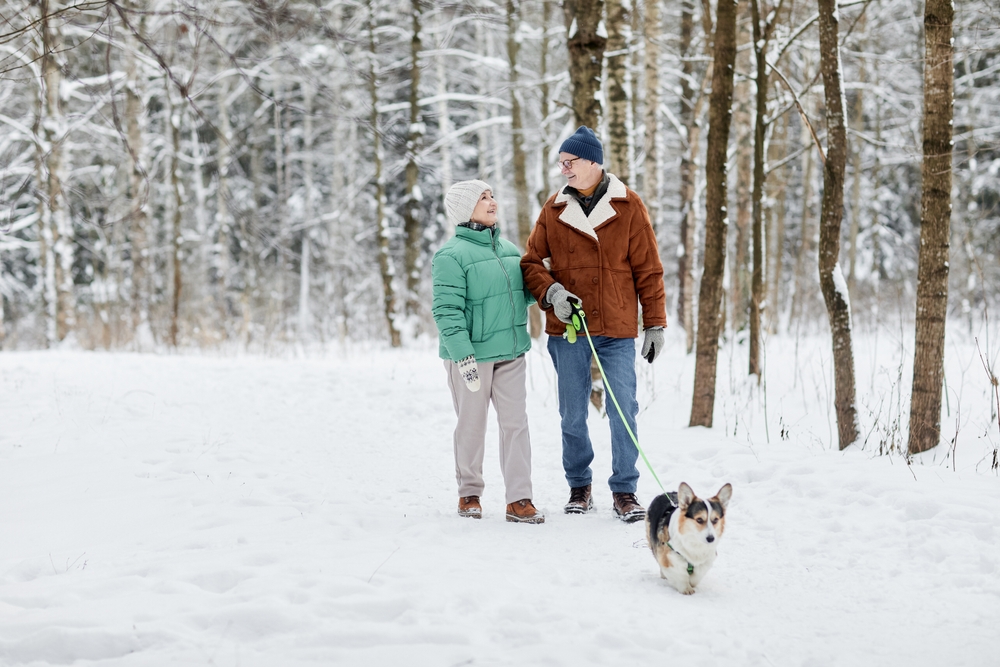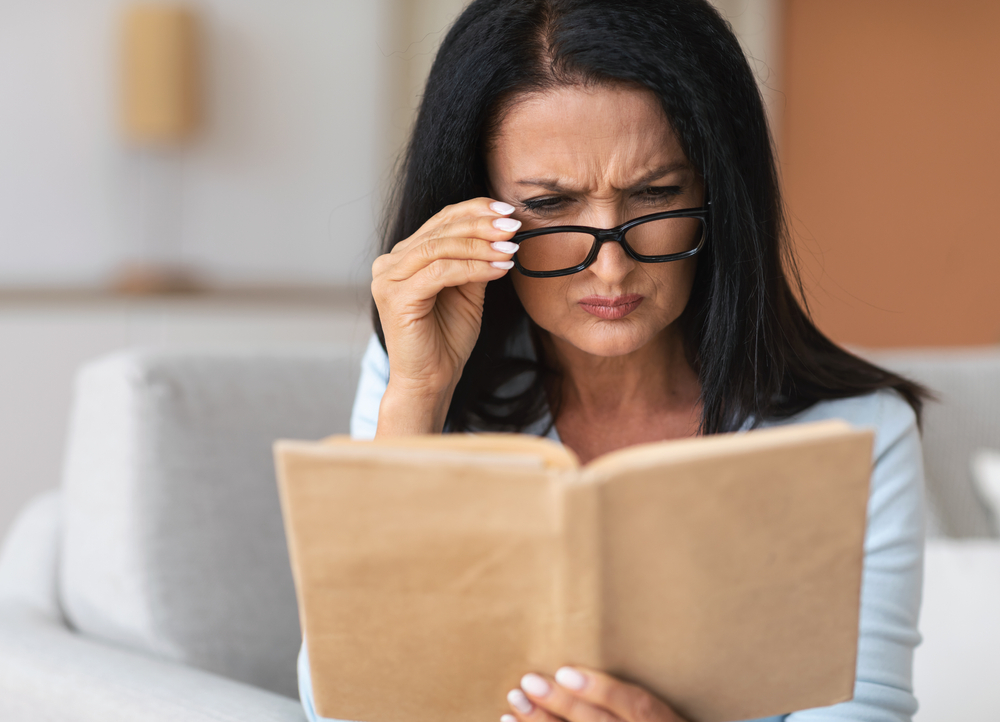You know a complete diet is vital to your overall health. But what if there were a vitamin that helps prevent hearing loss and protects your hearing, according to scientific studies? Would you want to learn more and ensure you’re ingesting enough of it?
There is such a vitamin.
Let’s explore what science has discovered so far.
How our hearing works
The outer ear collects sound waves, which are produced when something makes a sound. If we could see these waves, they would look like the ripples that form after a rock is dropped into a pond. Likewise, sound waves radiate in all directions and are collected by humans and animals who interpret these waves as sound.
The eardrum
When sound waves enter the ear, your eardrum vibrates and transmits them to your middle ear, refining them along the way. This process initiates a series of events in your inner ear. Inside the cochlea in your inner ear, tiny hair cells begin to move.
How sound waves become sounds
The hair cells in your inner ears are like thousands of little translators that translate vibrations into signals which are sent to your brain. Sound messages are transferred from nerve to nerve and eventually to the brain by utilizing connecting synapses.
The brain then interprets the meaning of the signals it receives. What started as a series of sound waves is now understood by the brain as a word, car horn, music, or any other sounds we might hear.
How hearing becomes damaged
When you expose the cochlea to loud noises, you force the synapses responsible for communicating with the brain to work overtime. Like an individual who works too many overtime hours, your cochlea can become exhausted and start to deteriorate.
How vitamin B3 helps prevent hearing loss
Reducing repeated exposure to loud noises is key to protecting your hearing. Researchers are interested in learning how a chemical called nicotinamide riboside (NR) may help reduce hearing loss. Your body converts NR into vitamin B3 (niacin), which helps turn food into energy.
A 2020 study showed that giving NR to mice before or after exposure to loud sounds could prevent damage to their synapses. NR appears to protect the synapses from short-term damage. You experience this effect when you have trouble hearing right after being exposed to loud noises, like concerts or interstate traffic. NR also appears to protect long-term hearing.
Helping your body heal itself
Researchers discovered that NR helps increase a naturally-produced protein called SIRT3. This protein is an essential part of your body’s cellular repair system. SIRT3 declines as we age, but scientists improved the way cells protected and repaired themselves by supplementing it with NR.
More studies are needed to confirm how this vitamin may help humans suffering from hearing loss. However, the research has the potential to provide an exciting new treatment option for individuals in the early stages of hearing loss. In the meantime, make sure you’re getting enough B3 by eating meat, eggs, fish, beans, and cereals regularly. By eating well, you are helping to protect your hearing. It’s probably not enough, though, to protect your hearing fully. If you live in a noisy environment, you should consider investing in hearing protection.



